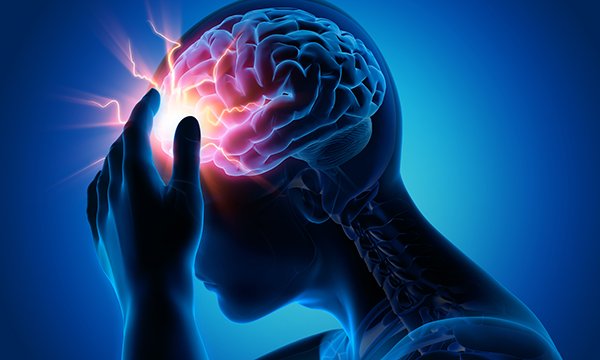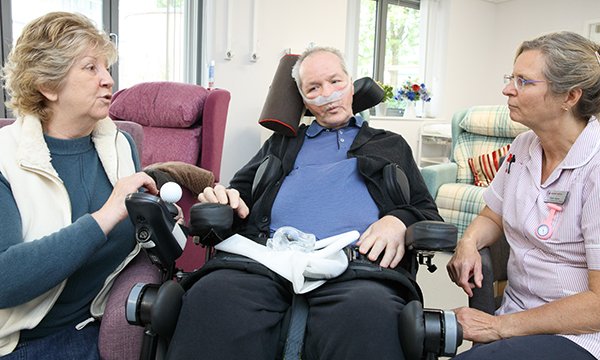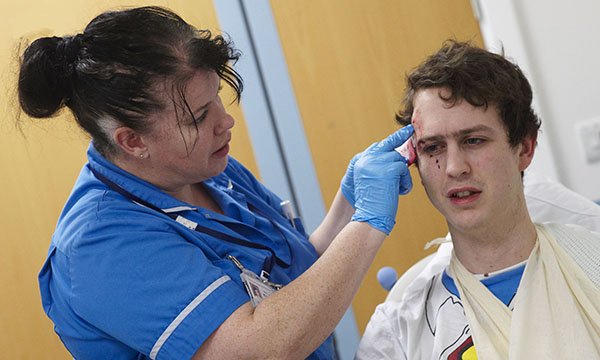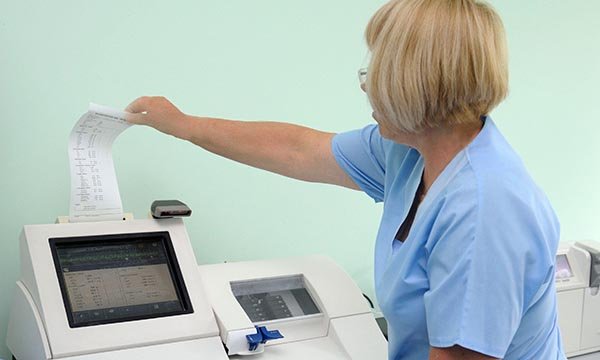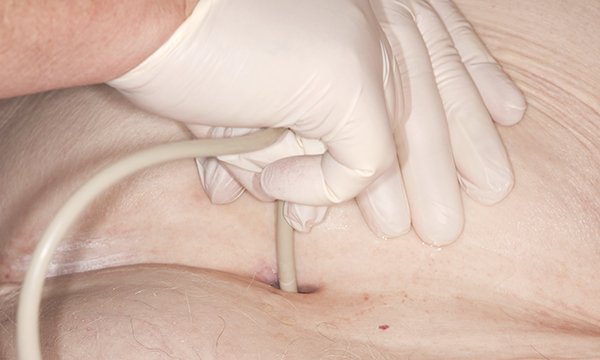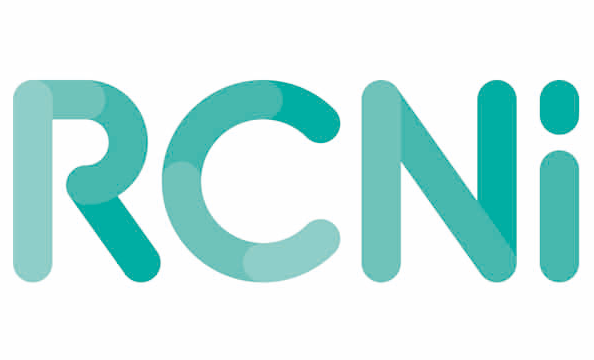
Evidence and Practice

Impaired kidney function: supporting the safe use of medicines for patients
Supporting neurodivergent nursing students in their practice placements
Clinical
Role of the addiction clinical nurse specialist in acute hospital settings
Why you should read this article: • To learn about general nurses’ experiences of caring for patients who misuse substances • To understand what the role of addiction clinical nurse specialist (ACNS) entails and its benefits • To recognise the potential barriers to implementing the ACNS role in hospital settings Background The role of an addiction clinical nurse specialist (ACNS) is focused on individuals who misuse drugs and alcohol, and several benefits of the role have been identified in the literature. When people who misuse substances are admitted to acute general hospitals, there is an opportunity to engage with them and ensure they access support services to facilitate their recovery. Aim To determine general nurses’ experience of caring for patients who misuse substances, and to gauge nurses’ views on the implementation of an ACNS role in an acute general hospital. Method This study used a qualitative design involving online interviews with 11 hospital nurses. Findings Many participants felt that an ACNS could provide them with education and support around substance misuse, while also advocating for patients who misuse substances, reducing stigma and enhancing patient care. Conclusion Participants indicated several benefits to implementing an ACNS role in their hospital, such as ensuring that patients who misuse substances experienced continuity of care which began at admission, was followed-up during inpatient stays and was maintained in the community.
Impaired kidney function: supporting the safe use of medicines for patients
Why you should read this article: • To enhance your knowledge of the effects of kidney function impairment on pharmacokinetics • To recognise the factors to consider when prescribing and administering medicines to patients with acute kidney injury or chronic kidney disease • To understand the nurse’s role in ensuring safe medicines use for patients with impaired kidney function Due to the increasing incidence of acute kidney injury (AKI) and chronic kidney disease (CKD), nurses in most healthcare settings are likely to care for patients with some degree of impaired kidney function. Impaired kidney function can adversely affect the way the body excretes, absorbs, distributes and metabolises medicines (pharmacokinetics), potentially resulting in a wide range of drug-related complications. This article provides an overview of the effects of impaired kidney function on pharmacokinetics and the importance of accurate drug dose adjustments for patients with related conditions. It also discusses various aspects of medicines use in patients with AKI, the pharmacological management of patients with CKD and the use of immunosuppressive therapy in patients who have had a kidney transplant. The authors consider the role of the nurse in ensuring safe medicines use for patients with impaired kidney function throughout the article.
Obsessive compulsive disorder: overview of the condition and its nursing management
Why you should read this article: • To recognise the aetiology and symptoms of obsessive compulsive disorder (OCD) • To remember that in some people OCD can involve significant suicidal ideation • To familiarise yourself with the available treatments for OCD, including cognitive behavioural therapy and pharmacological options Obsessive compulsive disorder (OCD) is a complex condition characterised by intrusive and distressing thoughts (obsessions) and repetitive behaviours or mental acts (compulsions). The symptoms of OCD cause significant distress and anxiety and can have a debilitating effect on a person’s daily functioning. This article gives an overview of OCD, including its prevalence, aetiology, symptoms and treatment strategies, with the aim of enhancing nurses’ understanding of the condition and its adverse effects on a person’s life. The author also discusses some of the ways in which nurses in any setting can support a person with OCD.
How relational leadership can enhance nurses’ well-being and productivity
Recognise the benefits and challenges of implementing this type of leadership in nursing
Nutritional and hydration interventions for people with dysphagia
How nurses can support patients to minimise the effects of the condition
Using the NEWS2 and ABCDE assessment to identify early signs of clinical deterioration
Understand the early physiological signs to ensure timely escalation of patient care
CPD articles
Supporting neurodivergent nursing students in their practice placements
Why you should read this article: • To recognise the strengths that neurodivergent nursing students can bring to practice • To understand how practice assessors and supervisors can develop neuro-inclusive learning environments • To contribute towards revalidation as part of your 35 hours of CPD (UK readers) • To contribute towards your professional development and local registration renewal requirements (non-UK readers) Neurodivergent conditions such as autism, attention deficit hyperactivity disorder (ADHD), dyslexia, dyspraxia, dyscalculia and Tourette’s syndrome are common, and it is highly likely that practice assessors and supervisors will be asked to support neurodivergent nursing students in their practice learning environments. This article details the strengths that neurodivergent students can bring to nursing, as well as some of the challenges they may experience in practice settings. It outlines how practice assessors and supervisors can develop neuro-inclusive learning environments where neurodivergent students can thrive, as well as how to support them if they are not meeting their required proficiencies. The authors also discuss how appropriate reasonable adjustments can be implemented by using a collaborative approach with students.
Safeguarding adults at risk of abuse
How to recognise the signs and what action to take if abuse is suspected
Recognising and managing migraine
Identify migraine triggers, ‘red flag’ symptoms and various management strategies
Managing common neurological complications following cardiac surgery
Risk factors, assessment and treatment of delirium and post-operative cognitive decline
Reducing the risk of suicide among healthcare staff
Explore the contributory factors involved in suicide, and appropriate interventions
Promoting person-centred care at the end of life
Enhance your knowledge of the benefits and barriers to providing this type of care
How to
How to write an action plan with a nurse or nursing student
Objectives should be SMART – specific, measurable, achievable, realistic and time-bound
How to interpret arterial blood gas results
The steps involved when evaluating respiration and circulation in deteriorating patients
How to undertake effective mouth care and oral assessments
Learn ways to promote oral health and comfort, and prevent or treat disease
How to change a suprapubic catheter effectively
Recognise the potential complications and how to avoid them
How to safely collect and deliver blood components for transfusion
Learn methods to minimise the risk of adverse events, including handling and storage errors





